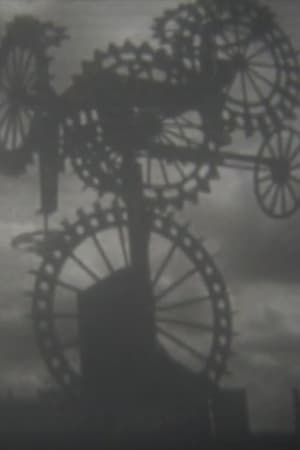

Grüße aus Sarmatien für den Dichter Johannes Bobrowski(1973)
Volker Koepp's video essay honoring the German poet Johannes Bobrowski (1917–1965).

Movie: Grüße aus Sarmatien für den Dichter Johannes Bobrowski

Grüße aus Sarmatien für den Dichter Johannes Bobrowski
HomePage
Overview
Volker Koepp's video essay honoring the German poet Johannes Bobrowski (1917–1965).
Release Date
1973-03-23
Average
0
Rating:
0.0 startsTagline
Genres
Languages:
DeutschKeywords
Similar Movies
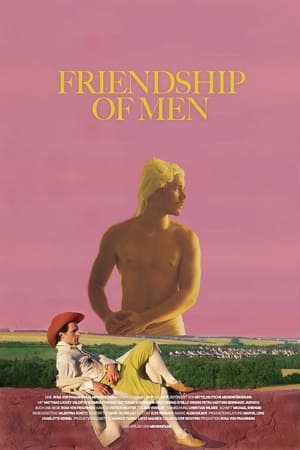 5.5
5.5Friendship of Men(de)
In this docudrama Rosa von Praunheim looks into Johann Wolfgang von Goethe’s sexual orientation, especially into his erotic experiences during his travels in Italy. Contrary to the common belief, von Praunheim argues that Goethe was not a heartbreaker and conqueror after all. It was only in Italy, that he had diverse sexual experiences, not least with men. Von Praunheim bases his assumption on letters written by Goethe to his friend Friedrich Heinrich Jacobi about these sexual encounters. Some of the content of these letters is re-encated in the film. At the same time, historians and linguists analyse and classify the letters into their historical context.
 6.0
6.0Ich will dich – Begegnungen mit Hilde Domin(de)
Anna Ditges accompanied Hilde Domin with her camera during the last two years of her life and in this way created a portrait of the artist - just as she experienced her: sensitive, brusque and headstrong, an egocentric with a biting sense of humor, lots of charm and increasingly affectionate towards the tenacious young woman with the camera. Hilde Domin (born 1909) tells the filmmaker, almost 70 years her junior, with great openness about her childhood in Cologne, 22 years in exile, her return to Germany, her late career as a poet, her great love for her late husband Erwin and her loneliness in old age.
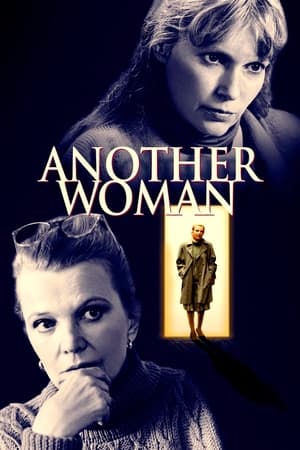 6.8
6.8Another Woman(en)
Marion is a woman who has learned to shield herself from her emotions. She rents an apartment to work undisturbed on her new book, but by some acoustic anomaly she can hear all that is said in the next apartment in which a psychiatrist holds his office. When she hears a young woman tell that she finds it harder and harder to bear her life, Marion starts to reflect on her own life. After a series of events she comes to understand how her unemotional attitude towards the people around her affected them and herself.
Hölderlin-Comics(de)
Second part of Hölderlin-trilogy with Udo Samel and Otto Sander in cast.
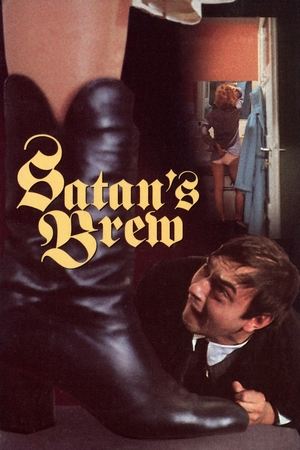 6.4
6.4Satan’s Brew(de)
A famous poet who hasn't written a word in two years unconsciously plagiarizes the work of Stefan George, while dealing with several mistresses, his dim-witted brother, and a murder investigation.
Leier und Schwert(de)
Atmospheric image from the Wars of Liberation. The poet Theodor Körner, who was later killed in battle, is shown reciting a poem while the soldiers listen with emotion.
 10.0
10.0Engel und Puppe(it)
Engel und Puppe is the first film by Italian filmmaker and writer Ellis Donda. Screened at Oberhausen in 1975, Engel und Puppe is a political adaptation of some lines from Rilke's Duino Elegies, featuring the French poet Jacqueline Risset and a young Rossella Or (soon to become an avant-garde theatre actress).
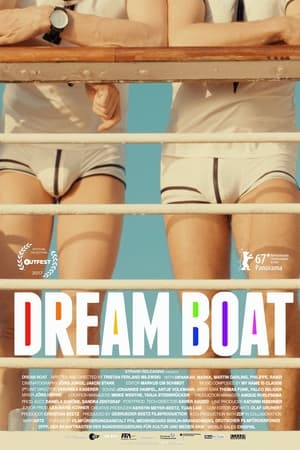 5.5
5.5Dream Boat(de)
A cruise ship and 3,000 men – it is a universe without heteros and women that usually remains a mystery to the outside world. Once a year the Dream Boat sets sail for a cruise exclusively for gay men where most passengers are united by the wish to live life authentically as themselves in a protected place.
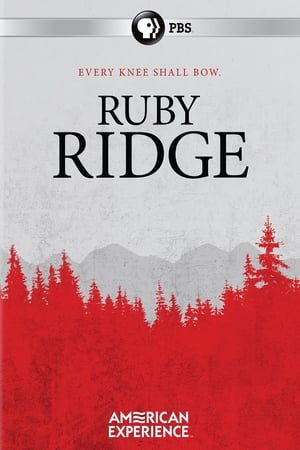 6.6
6.6Ruby Ridge(en)
Shortly before dawn on August 21, 1992, six heavily armed U.S. marshals made their way up to the isolated mountaintop home of Randy and Vicki Weaver and their children on Ruby Ridge in Northern Idaho. Charged with selling two illegal sawed-off shotguns to an undercover agent, Weaver had failed to appear in court and law enforcement was tasked with bringing him in. For months, the Weavers had been holed up on their property with a cache of firearms, including automatic weapons. When the federal agents surveilling the property crossed paths with members of the family, a firefight broke out. The standoff that mesmerized the nation would leave Weaver injured, his wife and son dead, and some convinced that the federal government was out of control. Drawing upon eyewitness accounts, including interviews with Weaver’s daughter, Sara, and federal agents involved in the confrontation, Ruby Ridge is a riveting account of the event that helped give rise to the modern American militia movement.
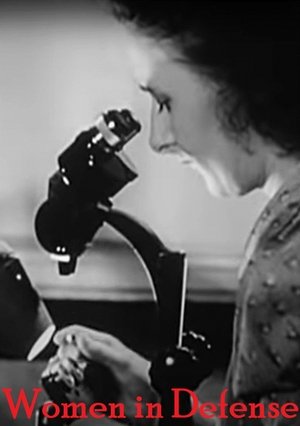 4.8
4.8Women in Defense(en)
Short documentary extolling the virtues and necessity for women to participate in America's preparation for war, showing women working in scientific, industrial, and voluntary-services activities. Preserved by the Academy Film Archive in 2008.
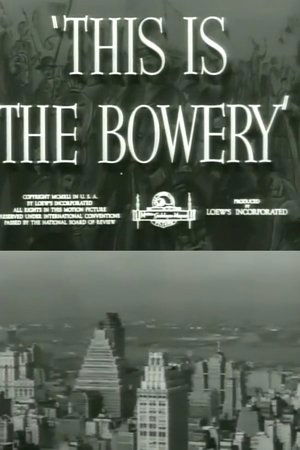 5.7
5.7This Is the Bowery(en)
In this somewhat whitewashed documentary on Manhattan's Bowery a newcomer to the area takes his first step toward redemption after a meal, bed, and inspiring talk.
 6.2
6.2Germany in Autumn(de)
Germany in Autumn does not have a plot per se; it mixes documentary footage, along with standard movie scenes, to give the audience the mood of Germany during the late 1970s. The movie covers the two month time period during 1977 when a businessman was kidnapped, and later murdered, by the left-wing terrorists known as the RAF-Rote Armee Fraktion (Red Army Fraction). The businessman had been kidnapped in an effort to secure the release of the orginal leaders of the RAF, also known as the Baader-Meinhof gang. When the kidnapping effort and a plane hijacking effort failed, the three most prominent leaders of the RAF, Andreas Baader, Gudrun Ensslin, and Jan-Carl Raspe, all committed suicide in prison. It has become an article of faith within the left-wing community that these three were actually murdered by the state.
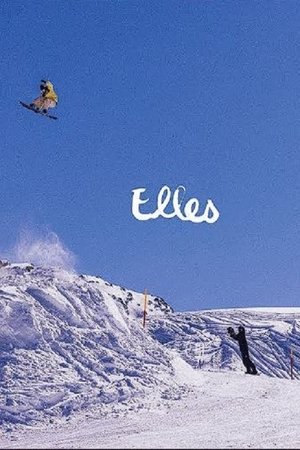 0.0
0.0VANS SNOWBOARDING PRESENTS: ELLES(en)
A short film featuring Arthur Longo, made with friends near and far during winter 2021. Featuring Arthur Longo, Dan Liedahl, Mary Rand, Blake Paul, and more. Filmed by Jake Price, Harry Hagan, and Olivier Gittler. Directed and edited by Tanner Pendleton.
 0.0
0.0Lino: His Art and Life(tl)
A documentary TV special on the life of Lino Brocka, released in 1998 for Pinoy Blockbuster Original.
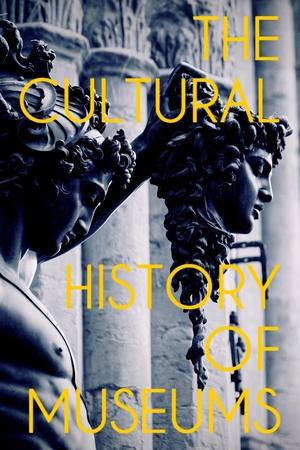 4.0
4.0The Cultural History of Museums(de)
From the cabinets of curiosities created in Italy during the 16th century to the prestigious cultural institutions of today, a history of museums that analyzes the social and political changes that have taken place over the centuries.
 6.0
6.0The Untouchables: Re-Inventing the Genre(en)
Cast and crew members from The Untouchables recall the production.
 6.5
6.5The Untouchables: Production Stories(en)
Cast and crew from "The Untouchables" share production stories.
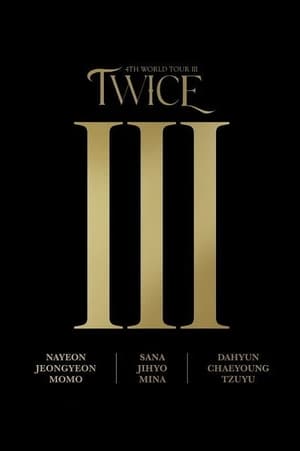 8.7
8.7Twice 4th World Tour Ⅲ in Seoul(ko)
Twice III in Seoul, official concert filmed for DVD & Blu-Ray.
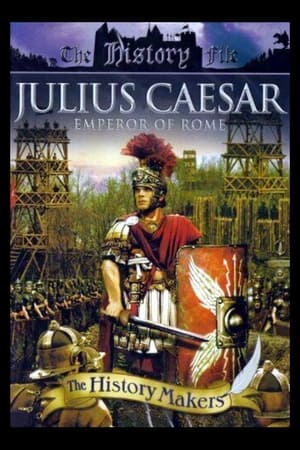 0.0
0.0Julius Caesar: Emperor of Rome(en)
Few men of history have as formidable or as mighty a reputation as Julius Caesar. He is not only one of the central figures of Roman history but a man who shaped the future of the world as we know it today. Rapid promotion from a humble civil servant to military leader put him in command of the powerful Roman Legions who completed the rout of Gaul and Britain. His success established him as great, but also as a bloodthirsty general. His political ambitions also earned him many enemies, especially in Rome, a city that would ultimately prove the location of his demise and assassination. This video features extensive expert analysis and comment, as well as exciting dramatic reconstructions and period imagery.
